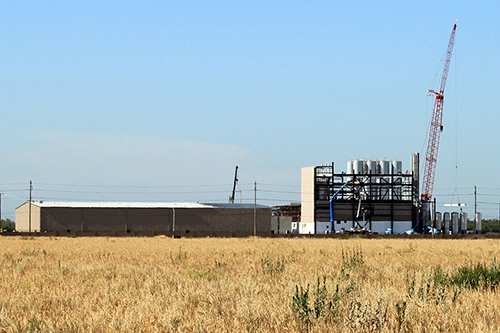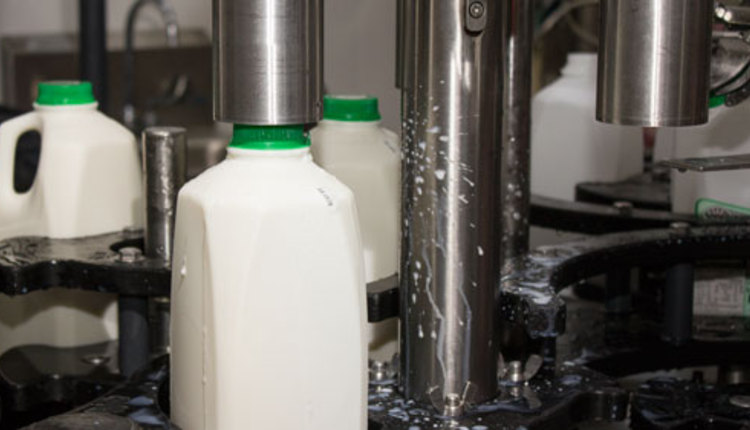
As the world becomes more global, U.S. dairy farmers are losing the battle for value because of outdated policies that discourage investment in new processing technology. U.S. dairy plants are known around the world for being outdated and unable to produce the higher-value products the world is demanding.
Our current federal pricing and pooling systems stem from the Great Depression in the 1930s and in California from producer abuse in the 1960s. Systems were designed to give more power to cooperatives.
As a result, cooperatives control nearly 85 percent of the milk supply today. While this model was successful for decades, one of the unintended consequences is it created an industry that built businesses around the system, not value creation.
Our pricing and pooling system has shielded cooperatives from risk and eliminated the need to compete for milk on the basis of value created. Instead of investing in higher returning products and markets, many have turned to dairy policy to force higher minimum prices on processing investors. This is not the intended function of the regulatory system and it has been very damaging to dairy producers.
Other major exporting regions of the world, such as Europe, New Zealand and Australia, don't have minimum pricing and pooling. Instead, they strive to create the most value from milk and they continue to outperform the U.S.
Capturing these markets requires major investments in processing, marketing and flexible milk pricing systems that can move with volatile world prices. Looking to the future, the U.S. desperately needs to reform dairy policy in ways that incentivize investment, which creates long-term value and demand for milk. Our global competitors have demonstrated this can be done in a way that doesn't bring us back to the abuses of power that took place back in the 1930s and ‘60s.
So why is it so hard to reform dairy policy in the U.S.?
(c) Hoard's Dairyman Intel 2015
June 22, 2015






